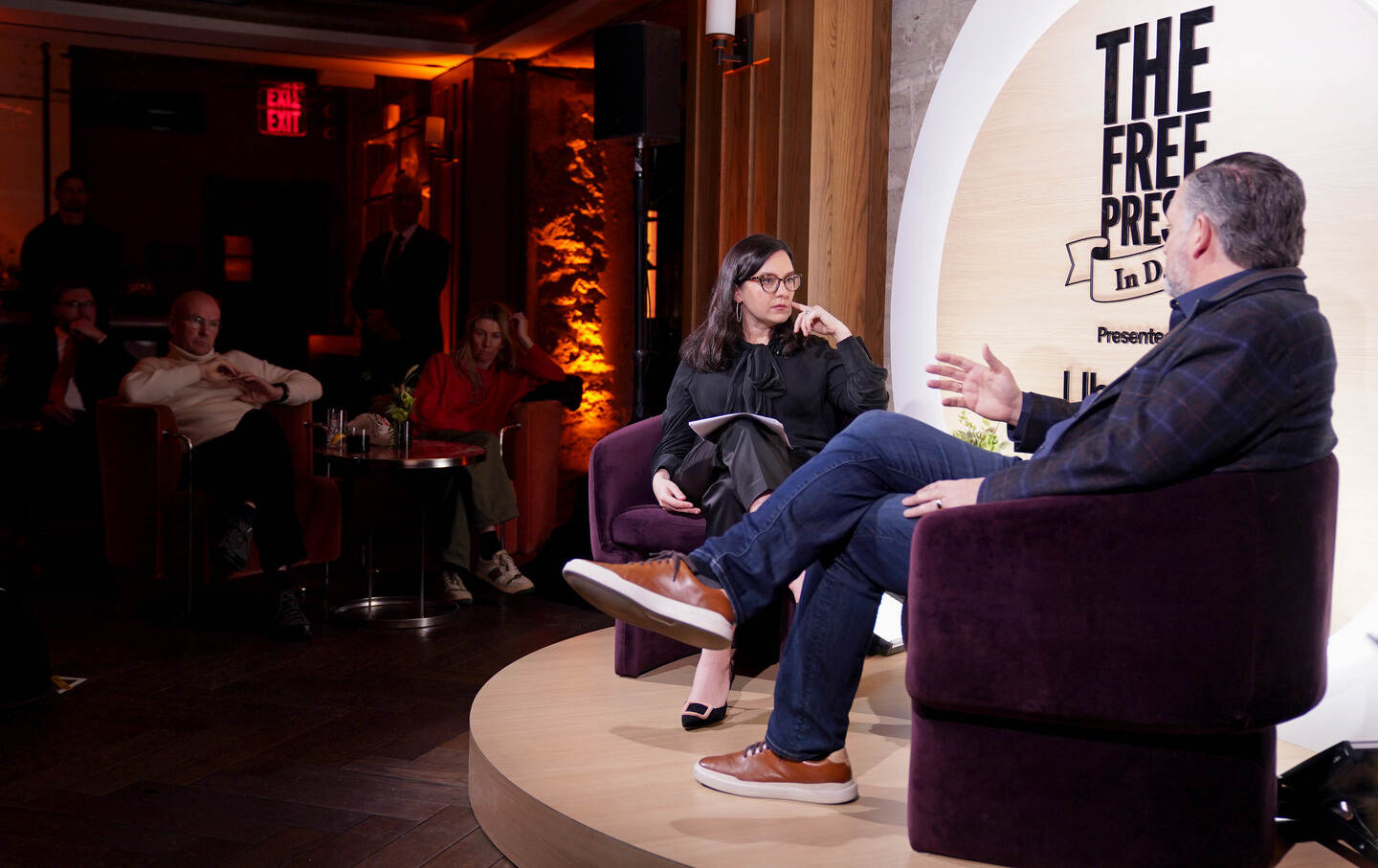
Bari Weiss, the founder and editor of The Free Press, has garnered significant media attention, often through a lens that emphasizes her personality and her public disagreements with other journalists. However, she now stands on the brink of considerable power, reportedly negotiating a deal to sell The Free Press and step into a senior role at CBS. This potential move raises questions about her political alignments and the implications for journalistic integrity.
David Klion, a columnist for The Nation and a regular guest on various podcasts, has provided a sharp analysis of Weiss’s political trajectory in The Guardian. He argues that Weiss’s work aligns closely with the Trump administration’s agenda, particularly its efforts to stifle dissenting voices within the media landscape. Klion notes, “Just as with CBS a year ago, Weiss and The Free Press were there to help reactionaries at elite institutions advance their internal turf wars—and unlike a year ago, those reactionaries can now count on the full weight of Trump’s authoritarian administration to back them up.”
He continues, emphasizing the troubling pattern that has emerged: “If you work at a liberal institution and you want the Trump-controlled federal government to step in and discipline it, Bari Weiss is there to help.” This characterization paints Weiss as an ideological enforcer, backed by wealthy patrons and influential political allies, strategically positioned to shape narratives within the media.
In light of these developments, it is crucial to scrutinize the broader implications of Weiss’s potential transition to CBS and her ongoing influence in media. As she prepares to take on a more prominent role, the question arises: what type of journalism will she promote, and how will it affect the landscape of American media?
The media must remain vigilant in holding powerful figures accountable, particularly those who may seek to undermine the principles of a free and independent press. Weiss’s rise to prominence could signal a shift in how news is reported and who gets to shape the stories that matter, further complicating the already contentious relationship between journalism and power.
As the world watches this unfolding narrative, it becomes increasingly important to advocate for transparency and integrity within the media. The potential sale of The Free Press and Weiss’s new position at CBS could either elevate the discourse or contribute to the erosion of journalistic standards. Regardless of the outcome, the implications of these changes will be felt across the media landscape for years to come.
In conversations about Weiss’s career, it is essential to address the underlying motivations and the broader context of her actions. Her trajectory reflects a growing trend of influential figures leveraging their platforms to promote specific political agendas, often at the expense of objective reporting. As she navigates this new chapter, the media and the public must remain engaged, demanding accountability and a commitment to the core values that underpin journalism.
In summary, Bari Weiss’s ambitions and her potential move to CBS represent a crossroads for journalism. As she seeks to expand her influence, it is imperative to critically assess her impact on media narratives and the potential consequences for democratic discourse. The stakes are high, and the future of journalism may very well hinge on the decisions made in the coming months.


